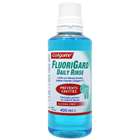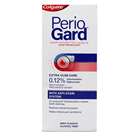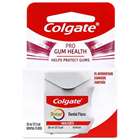What is good oral hygiene?
Good oral hygiene results in a mouth that looks and smells healthy. This means:
- Your teeth are clean and free of debris.
- Gums are firmly held against teeth and do not hurt or bleed when you brush or floss.
- Bad breath is not a constant problem.
If your gums do hurt or bleed while brushing or flossing, or you are experiencing persistent bad breath, see your dentist. Any of these conditions may indicate a problem.
Your dental professional can help you learn good oral hygiene techniques and can help point out areas of your mouth that may require extra attention during brushing and flossing.
What type of toothbrush should I use?
With so many shapes, sizes and styles of toothbrushes on the market, deciding which kind to buy can be confusing. Here's what you should look for:
- Most UK dental professionals agree that a medium-bristled brush is best for removing plaque and debris from your teeth. Small-headed brushes are also preferable, since they are better at reaching all areas of the mouth, including hard-to-reach back teeth.
- When it comes to the type of handle (such as non-slip grip or flexible neck), shape of the head (tapered or rectangular), and style of bristles (such as rippled, flat or trimmed to a dome shape), pick whatever is most comfortable for you. The best toothbrush is one that fits your mouth and allows you to reach all teeth easily. If in doubt, check with your dentist or hygienist.
- For many, a powered toothbrush is a good alternative. It can do a better job of cleaning teeth, particularly for those who have difficulty brushing or who have limited manual dexterity.
How often should I replace my toothbrush?
You should replace your toothbrush when it the bristles begins to show wear, or every three months, whichever comes first.
What is plaque?
Plaque is a sticky, colourless film of bacteria and sugars that constantly forms on our teeth. It is the main cause of cavities and gum disease, and can harden into tartar if not removed daily.
How do I know if I have plaque?
Everyone develops plaque - bacteria are constantly forming in our mouths. These bacteria use ingredients found in our diet and saliva to grow. Plaque causes cavities when the acids from plaque attack teeth after eating. With repeated acid attacks, the tooth enamel can break down and a cavity may form. Plaque that is not removed can also irritate the gums around your teeth, leading to gingivitis (red, swollen, bleeding gums), periodontal disease and tooth loss.


.jpg)
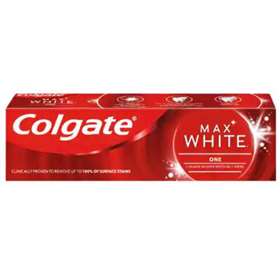
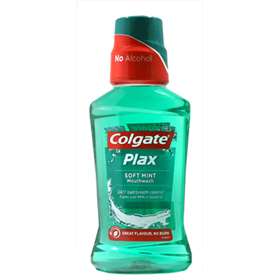
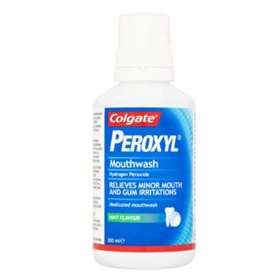
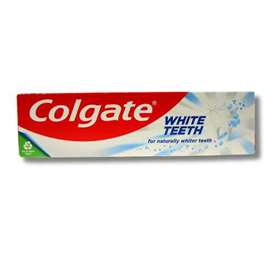
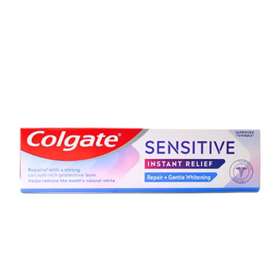

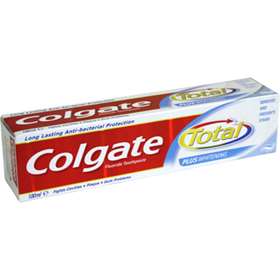



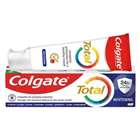

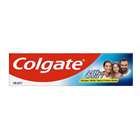
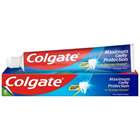
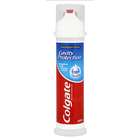
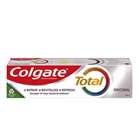
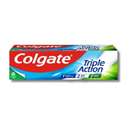
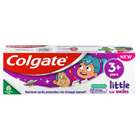
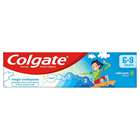
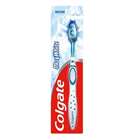
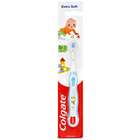
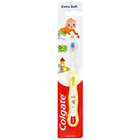
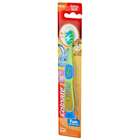
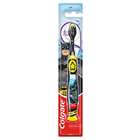
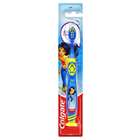
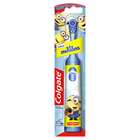
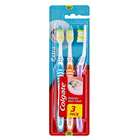
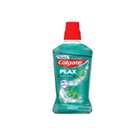


.jpg)
